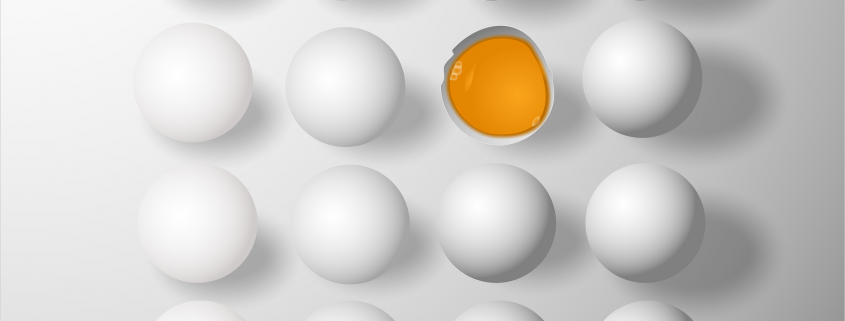Collagen Supplements
Collagen Supplements – Do They Work?
When you’ve a long history of tendon injury and nothing seems to fix it, you put a lot of energy into considering ways you can. Ways you can get back to living your life pre PHT.
Collagen supplements are one of the more easily obtained potential treatments for PHT or any musculoskeletal injury. There’s been a lot of interest in these over the last few years and you can see why. Pop into a health food shop on the high street, pick some up for a few pounds and start taking them that day. Far more accessible than waiting for a medical appointment, scans, follow-up and a lot cheaper if you don’t have access to a state run health service. You feel like your doing something positive towards your recovery. You sometimes pin your hopes on them. So are they worthwhile and what does the research say?
The Research
Most collagen studies have been of small sample groups and industry funded so the question to ask is can you trust an industry funded study? Nearly all existing research has focused on supplements and not food so can you get the same collagen production from a healthy balanced diet? Libby Mills – Spokesperson for The Academy of Nutrition and Dietetics, Chicago and Washington says “Maybe if people consumed adequate protein, they would get the same benefit.” The body breaks down both food and collagen supplements into amino acids in the same way to produce collagen. Libby Mills talks about collagen supplements verses food sources in Jamie Santa Cruz’s article for Today’s Dietitian Magazine, March 2019. https://www.todaysdietitian.com/newarchives/0319p26.shtml
What Nutrients Are Needed To Make Collagen
Apart from collagen (a protein found in meat, fish, eggs, dairy and spirulina) vitamin C is the main co-factor in collagen synthesis. Vitamin C is also an antioxidant which helps reduce oxidative stresses that degrade collagen. The outcome of a study for the use of vitamin c, following musculoskeletal injuries, was favourable. The study appeared in The Orthopaedic Journal of Sport, Oct 2018 titled “The Efficiency of Vitamin C Supplementation on Collagen Synthesis and Oxidative Stress After Musculoskeletal Injury.” https://www.ncbi.nlm.nih.gov/pmc/articles/PMC6204628/
Libby Mills says “Zinc and sulphur are also co-factors in collagen production.” Vitamin A is also involved and an antioxidant. This article, written by Jamie Santa Cruz, in Today’s Dietitian Magazine, states what to eat to get all you need. https://www.todaysdietitian.com/newarchives/0319p26.shtml
What Impacts Collagen Production
One of the world’s favourites – sugar! “Sugar molecules bind to collagen fibres which results in the formation of advanced glycation end products.” Writes Jamie Santa Cruz. Patricia Ferris MD, Clinical Associate Professor of Dermatology at Tulane University School of Medicine says “These bindings cause an irreversible loss of strength and flexibility in collagen fibres.” As well as sugar’s impact on collagen synthesis, alcohol inhibits the absorption of vitamins and minerals impeding collagen production while smoking causes irregular fibril organisation and fibroblast degeneration in tendons. Read about cigarette smoking and the effects on tendons here: https://www.ncbi.nlm.nih.gov/pmc/articles/PMC3711704/
Conclusion
Although these small studies have had good results supporting collagen supplementation, Libby Mills makes a valid point “Spending money on supplements doesn’t seem to be necessary because there are many food sources and if you are eating a balanced diet, you should have the nutrients you need.” So perhaps an improved diet and lifestyle is all it takes while we wait for larger non industry funded studies.


